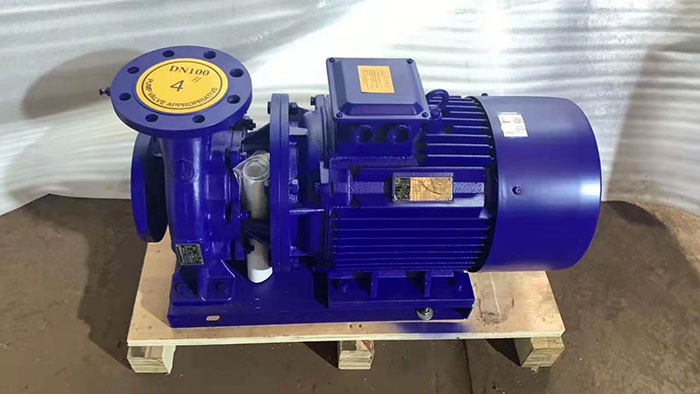Selecting the right pipeline pump is crucial for ensuring efficient and reliable fluid transportation in various industries. However, with numerous options available in the market, it's essential to consider several factors before making a decision.
Flow Rate and Pressure Requirements: One of the primary considerations when choosing a pipeline pump is the required flow rate and pressure. It is crucial to accurately determine the maximum flow rate and pressure that the pump needs to handle. This information helps in selecting a pump that can meet the specific demands of the application without operating beyond its capacity.
Fluid Properties: Understanding the properties of the fluid being pumped is vital for selecting an appropriate pipeline pump. Factors such as viscosity, temperature, corrosiveness, and abrasiveness of the fluid should be taken into account. Different pump types and materials are better suited for handling specific fluids. For example, centrifugal pumps are suitable for low viscosity fluids, while positive displacement pumps are better for high viscosity or abrasive fluids.
Pump Efficiency and Reliability: Efficiency and reliability are critical factors in selecting a pipeline pump. Look for pumps that offer high efficiency, as they consume less energy and reduce operating costs. Consider the pump's design features, such as impeller type, motor efficiency, and sealing mechanisms, to ensure reliable and long-lasting performance. Additionally, check the pump manufacturer's reputation for producing quality products.
System Compatibility and Integration: The selected pump should be compatible with the existing system or easily integrated into the pipeline network. Consider factors such as the pump's size, connection type, and power requirements to ensure a seamless installation process. Compatibility with control systems and automation capabilities should also be evaluated, especially for complex industrial applications.
Maintenance and Serviceability: Evaluate the ease of maintenance and availability of spare parts when selecting a pipeline pump. Look for pumps that offer easy access for inspection, cleaning, and repairs. Consider the manufacturer's reputation for providing reliable customer support and timely availability of spare parts. Pumps with user-friendly maintenance features can significantly reduce downtime and maintenance costs.
Cost Considerations: While cost should not be the sole determining factor, it is essential to consider the overall lifecycle cost of the pump. Evaluate the initial purchase cost, energy consumption, maintenance requirements, and expected lifespan of the pump. Opting for a higher-quality pump with better efficiency and reliability may result in long-term cost savings.
Selecting the right pipeline pump involves considering various factors, including flow rate, pressure requirements, fluid properties, efficiency, reliability, system compatibility, maintenance, and cost considerations. By carefully evaluating these matters and choosing a pump that aligns with the specific needs of the application, industries can ensure optimal performance, reduced operating costs, and enhanced productivity in their fluid transportation systems.
